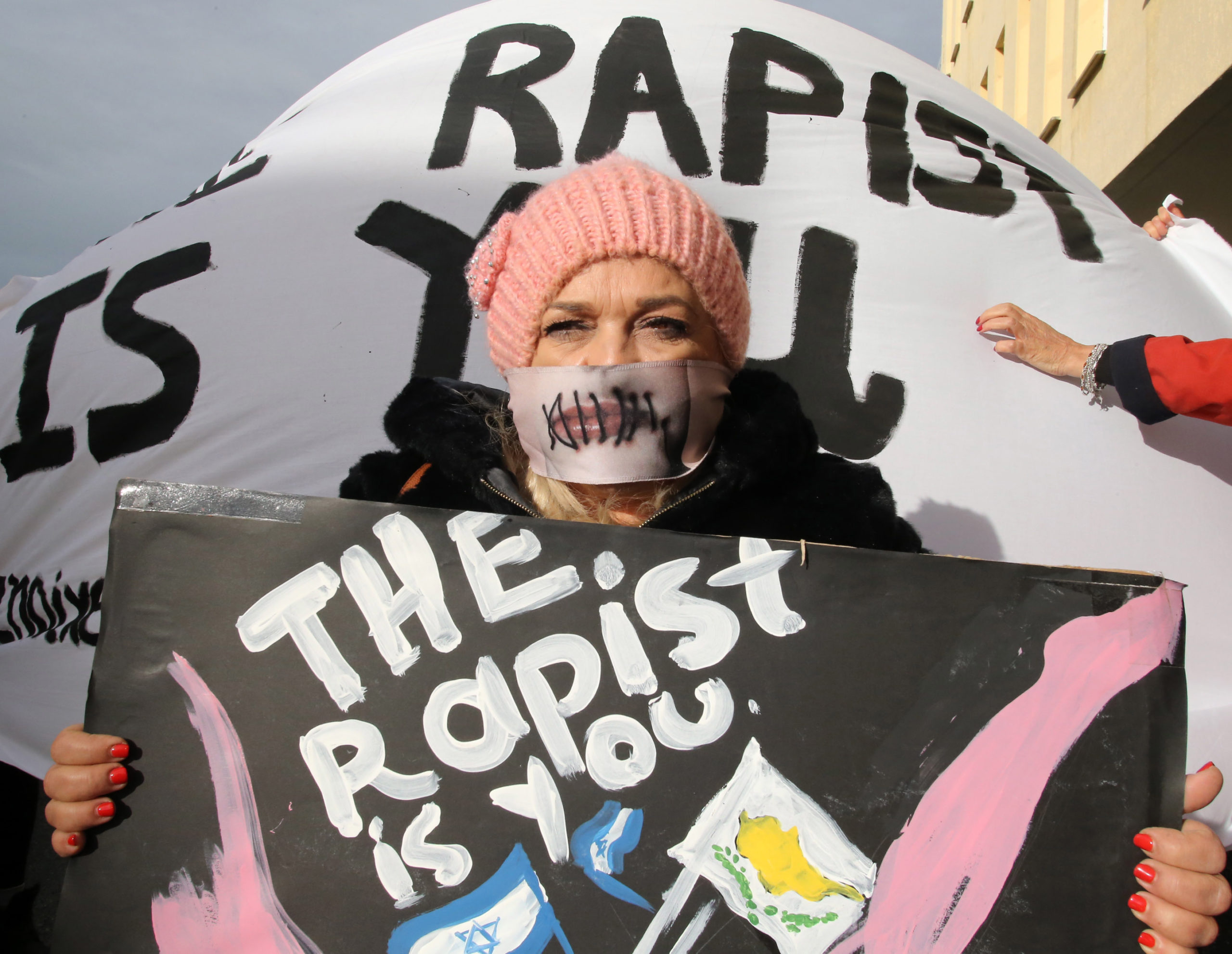A group of experts urge Cyprus to redouble its efforts in protecting women from violence and comply with the Istanbul Convention.
Council of Europe Expert Group on Action against Violence against Women and Domestic Violence (GREVIO) published its baseline evaluation report on Cyprus.
The report contains a comprehensive analysis of the implementation of the provisions of the Istanbul Convention in Cyprus.
It acknowledges the steps taken by the country to comply with the treaty and identifies areas where progress is still needed.
It notes positive legal and policy measures taken following Cyprus’ ratification of the convention, “which demonstrate firm resolve to prevent and combat domestic violence and violence against women and to ensure gender equality.”
Despite that, GREVIO observed several issues where improvement is needed to reach higher levels of compliance with the requirements of the Istanbul Convention.
The report points to the absence of a rape crisis or sexual violence referral centre capable of providing holistic and comprehensive support to victims of sexual violence/rape.
And forensic evidence can be lifted from the victim if she has reported the violence to the police, a requirement not in line with the convention.
Structural shortcomings identified stem from the co-existence of the 2000 Violence in the Family Law and the Prevention and Combating of Violence against Women and Domestic Violence, leading to overlapping and contradicting provisions.
The report also highlights how, despite two successive national action plans on gender equality to create a centralised database on all forms of violence against women, no progress has been made.
Data collected is deemed “scarce, disjointed and incapable of providing an overall picture on the incidence of domestic violence and other forms of violence against women”.
“The insufficient collection of statistical data on the number of reports received by the police, the investigations opened, indictments made, and final convictions handed down by courts, for any form of violence against women, renders an assessment of attrition rates and the identification of gaps in the criminal justice response to violence against women extremely difficult.”
Despite steps taken to train law enforcement officers on violence against women, the report underscores that prejudices and patriarchal attitudes still seem “rampant” and have led to failure to record violence against women and the inaction of the police.
There is also an overreliance on the victim’s statement, failing to collect additional evidence, which has led to a low number of cases proceeding successfully along the criminal justice chain.
Moreover, the report expresses serious concern about the lack of mandatory initial and in-service training of prosecutors and judges, noting that some have been reported to “display sexist and misogynist attitudes towards women victims of domestic violence and sexual violence/rape” and generally have an insufficient understanding of the paradigmatic shift in proving rape since the relevant law has been amended.
The report also identifies significant shortcomings in the law and the practice of family courts when deciding on custody and visitation rights after domestic violence.
“Under the relevant laws, no explicit reference is made to domestic violence or other forms of violence against women as a legal criterion to be considered when deciding on custody and visitation.”
Moreover, family courts appear to interpret the child’s best interest as maintaining contact with both parents in all cases, even where the child has witnessed violence.
“Concern is equally expressed about the increase in use by courts of the concept of so-called “parental alienation syndrome” in cases of domestic violence, a concept which is recognised not to exist.”
Asylum seekers abused
GREVIO also highlights the “accrued risk” of migrant and asylum-seeking women victims of sexual violence and rape, referring to civil society reports on landlords exploiting the precarious situation of asylum-seeking women and their desperate need for lodgings.
Moreover, asylum-seeking and migrant women face difficulties reporting gender-based violence and obtaining support.
“Insufficient measures have been taken in the Pournara reception centre to separate single women and unaccompanied girls from men, resulting in numerous reports of sexual violence in this reception facility,” the report said.
Among the recommendations suggested, GREVIO urges the Cypriot authorities to set up rape crisis or sexual violence referral centres and provide medical and forensic examinations, trauma support and psychological counselling for victims.
Furthermore, it calls for a clear legal framework governing restraining orders in domestic violence, avoiding any overlaps between applicable provisions while ensuring that restraining orders are available to victims for immediate protection.
It also urges the government to ensure that emergency barring orders in domestic violence cases can be issued quickly.
The GREVIO report requests newly established specialist investigative units on domestic violence with the training, guidance, and expertise to handle other violence against women, such as stalking, digital forms of violence against women, sexual harassment, female genital mutilation, forced marriage and rape.










